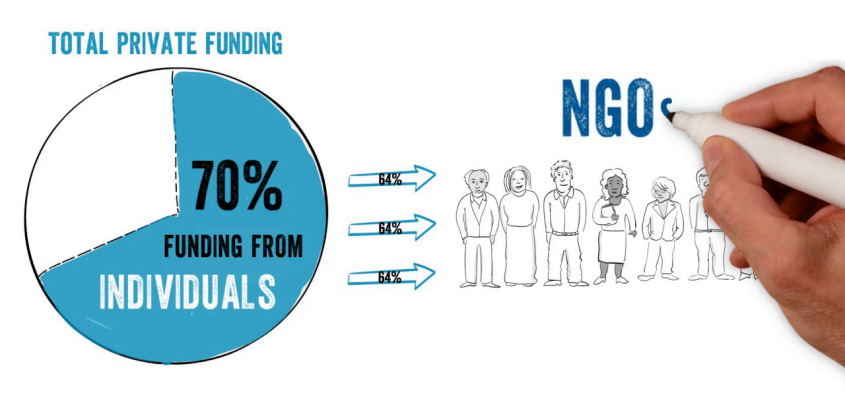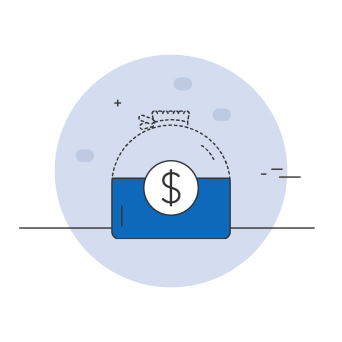When a natural disaster or human-caused emergency hits, humanitarian aid organizations are often some of the first on the scene to provide relief. These groups rely on donations from individuals and organizations to provide food, water, shelter, and other assistance to those in need. However, with increased demands for help around the world, it can be tough to know how best to donate your money to ensure that it will have the biggest impact. Here are some resources to help you find and donate to reputable humanitarian aid organizations.
Funding resources for humanitarian innovators
Humanitarian aid is provided by a number of different organizations, both private and public. The most common source of funding for humanitarian aid comes from governments, either through direct donations or multilateral organizations such as the United Nations. Other sources of funding include NGOs, charities, and private individuals.

One of the challenges in providing adequate funding for humanitarian aid is that needs can change rapidly in response to crises, and it can be difficult to predict how much will be needed in any given year. In addition, many donors are reluctant to provide funds for long-term projects, preferring instead to focus on more immediate needs. As a result, humanitarian aid organizations often have to cobble together funding from a variety of sources in order to meet their needs.
Despite the challenges, humanitarian aid is essential to the global response to crises and disasters. It helps to save lives, protect livelihoods, and promote recovery. With the right support, humanitarian aid organizations can make a difference in the lives of millions of people affected by crises each year.
Largest sources of funding for humanitarian projects
There are several ways to finance humanitarian projects, but the largest funding sources typically come from government agencies, international organizations, and private donors.
Government agencies are often the biggest contributors to humanitarian aid efforts. For example, the United States Agency for International Development (USAID) is one of the world’s largest economic and development assistance providers. In 2013, USAID provided more than $2.1 billion in humanitarian assistance worldwide. Other major government donors include the European Commission’s Directorate-General for Humanitarian Aid and Civil Protection (ECHO), which gave nearly €1 billion in humanitarian aid in 2013, and the United Kingdom’s Department for International Development (DFID), which contributed £865 million in 2013/14.
 International organizations are also major sources of humanitarian funding. For example, the United Nations Office for the Coordination of Humanitarian Affairs (OCHA) coordinates the international response to humanitarian crises and provides financial support to relief efforts. In 2013, OCHA’s Central Emergency Response Fund (CERF) provided nearly $1 billion in funding for humanitarian projects worldwide.
International organizations are also major sources of humanitarian funding. For example, the United Nations Office for the Coordination of Humanitarian Affairs (OCHA) coordinates the international response to humanitarian crises and provides financial support to relief efforts. In 2013, OCHA’s Central Emergency Response Fund (CERF) provided nearly $1 billion in funding for humanitarian projects worldwide.
Private donors are another important source of funding for humanitarian aid efforts. Individual donors often give money to relief organizations such as the Red Cross or UNICEF, which use the funds to support their work in assisting those affected by natural disasters or conflicts. Corporations and foundations also provide funding for humanitarian projects through direct donations or partnering with relief organizations on specific initiatives. For example, the Coca-Cola Foundation has partnered with the Red Cross to provide clean water and sanitation facilities in disaster-affected areas.
In addition to these major funding sources, humanitarian projects can also receive support from various other sources, including faith-based organizations, NGOs, and philanthropic foundations.

